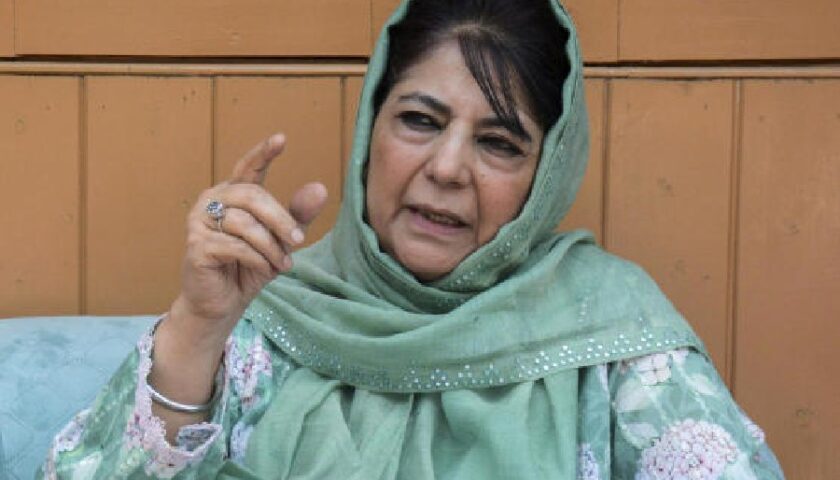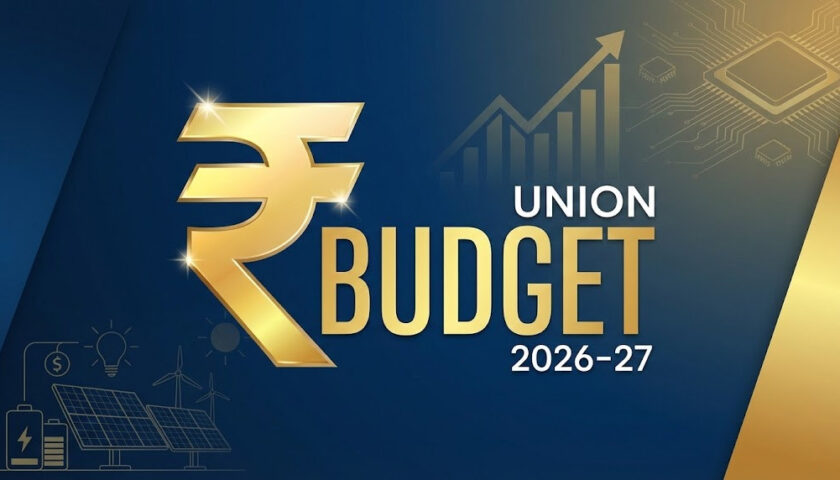Top foreign funds — including JP Morgan, HDFC Fund, Cognizant, Indian Fund and others — have flagged ‘persisting religious conflicts’ and the ‘Kashmir dispute’ as potential risks to their investments in India. Similar concerns have been flagged by a few funds regarding Pakistan also.
A number of large foreign funds, managing trillions of dollars of investor assets globally, have flagged ‘persisting religious conflicts’ and ‘Kashmir dispute’ as potential risks to their investments in India, saying such “tensions” could destabilise the Indian economy.
JPMorgan, one of the largest wealth managers in the world with asset under management of over $1.7 trillion, alone has flagged these “religious and border disputes” regarding investments in India in at least eight regulatory filings made by its various funds so far this month.
Besides, a number of other funds, including the India Fund managed by Aberdeen Asset Management, which has more than $380 billion of assets under management, have listed similar “risks” in their regulatory filings made with the US Securities and Exchange Commission (SEC).
Other such funds include Eaton Vance Greater India Fund, Mathews International Funds, Alps Funds (Financial Investors Trust), Franklin Templeton International Trust, Global X Funds and iShares Trust (managed by BlackRock Fund Advisors).
Besides, Wasatch Funds Trust, Arthur J Gallagher & Co and Causeway Capital Management Trust have also flagged similar concerns.
When contacted, senior officials at some of these funds and other experts said such ‘risk factors’ follow a generic pattern in regulatory filings by various companies and investors and not much should be read into them, but they admitted that religious conflicts and Kashmir dispute remain an overhang.
They refused to be named citing regulatory issues and due to “sensitivities” involved in such matters.
While cross-border tension continues in the Kashmir region, the government has been trying to send across a positive message to the world and some saw hosting of the GST Council meeting in Srinagar last week as a step in that direction.
In a filing made by JPMorgan Trust II on May 18, the fund said, “Political and economic structures in India are undergoing significant evolution and rapid development, and may lack the social, political and economic stability characteristic of the US.”
It further said, “Religious and border disputes persist in India. Moreover, India has from time to time experienced civil unrest and hostilities with neighbouring countries such as Pakistan. The Indian government has confronted separatist movements in several Indian states.
“The longstanding dispute with Pakistan over the bordering Indian state of Jammu and Kashmir, a majority of whose population is Muslim, remains unresolved. If the Indian government is unable to control the violence and disruption associated with these tensions, the results could destabilise the economy and consequently, adversely affect the Fund’s investments.”
“Political and economic structures in India are undergoing significant evolution and rapid development, and may lack the social, political and economic stability characteristic of the US.” — JPMorgan Trust II
Similar filings have been made this month by funds like JPMorgan Trust I, JP Morgan Exchange Traded Fund Trust, JP Morgan Mutual Fund Investment Trust and JP Morgan Insurance Trust.
A few US-listed Indian and India-focused companies have also made similar observations in their filings during 2017. These include HDFC Bank, Cognizant, Cancer Genetics, WNS Holdings, Genpact and MoneyOnMobile Inc.
In the ‘risk factors’ listed in one of its regulatory filings, HDFC Bank said the risks to its financial results would include “instability or uncertainty in India and the other countries… caused by any factor including terrorist attacks in India, the US or elsewhere…”
The other risk factors listed by HDFC Bank include “tensions between India and Pakistan related to the Kashmir region or between India and China, military armament or social unrest in any part of India”, among various other political and economic risks. Political system stable in India, but religious conflicts remain overhang.
In its SEC filing, Eaton Vance Greater India Fund said Indian population is comprised of diverse religious and linguistic groups, but despite this diversity, India has “one of the more stable political systems among the world’s developing nations”.
However, periodic sectarian conflict among India’s religious and linguistic groups could adversely affect Indian businesses, temporarily halting work of institutions, or undermine or distract from government efforts to liberalise the Indian economy”.
In its filing, Matthews International Funds also said that religious and border disputes persist in India and escalating tensions between India and Pakistan could impact the broader region.
MoneyMobile also talked abut the Kashmir dispute remaining unresolved and the potential risks to its businesses.
“Also, India has seen an increase in politically motivated insurgencies and a fairly active communist following. Any hostilities or civil unrest could adversely influence the Indian economy and, as a result, negatively affect businesses,” it added.
Cancer Genetics said a portion of its assets and operations are in India and we are subject to regulatory, economic, political and other uncertainties in India.
The India Fund said India’s economic development has exceeded forecast with faster growth than China’s, but “heightened tensions with Pakistan over Kashmir, Trump’s US presidential election victory and the Fed’s increased hawkishness for 2017 also roiled investor sentiment”.
IT major Cognizant, which has a substantial portion of its assets and operations in India, said in one of its SEC filings that the potential for hostilities between India and Pakistan “has been high in light of tensions related to recent terrorist incidents in India and the unsettled nature of the regional geopolitical environment, including events in and related to Afghanistan, Iraq and Syria”.
Genpact said Southern Asia has, from time to time, experienced instances of civil unrest and hostilities among neighbouring countries, including India and Pakistan.
Alps Funds also talked about persisting religious and border disputes including on Kashmir issue and said these factors are extremely difficult, if not impossible, to predict and take into account with respect to the Fund’s investments.
Franklin India Growth Fund said its investments are subject to “much greater risks of adverse events that occur in India and the surrounding regions, and may experience greater volatility than a fund that is more broadly diversified geographically”.




